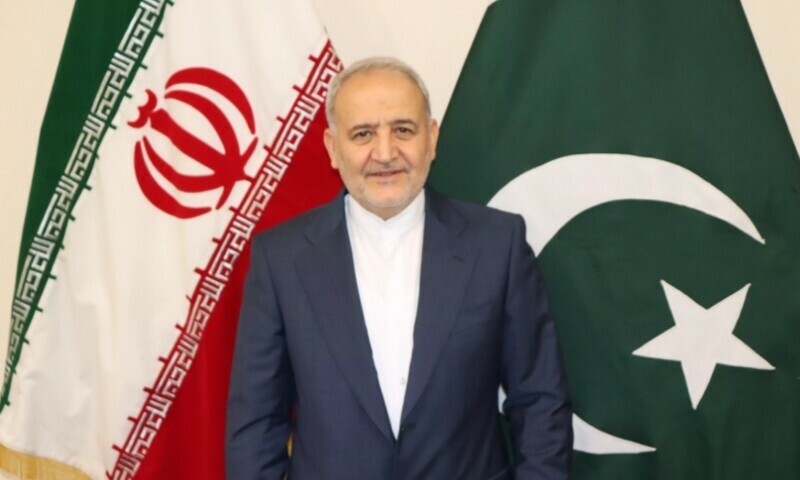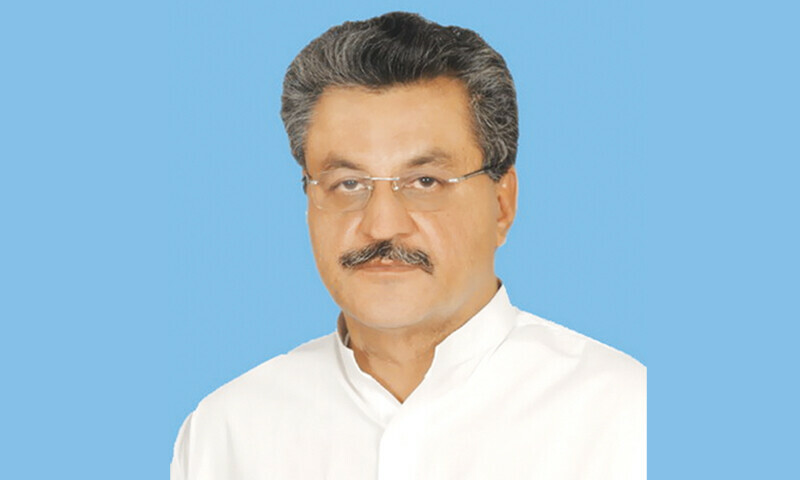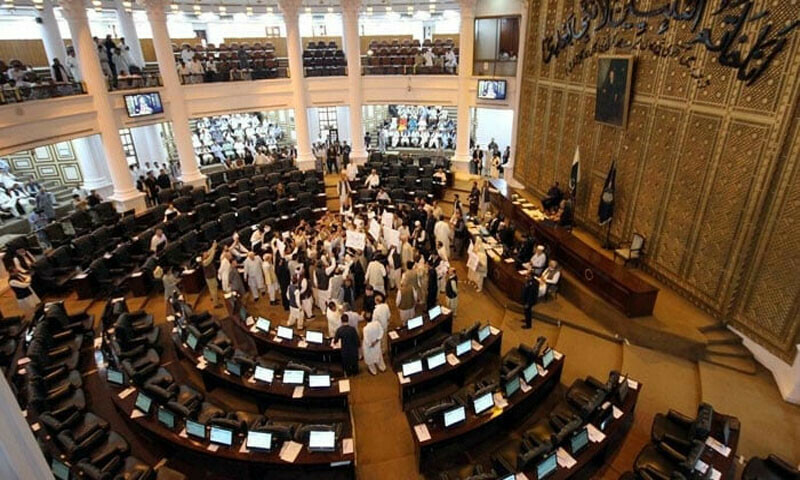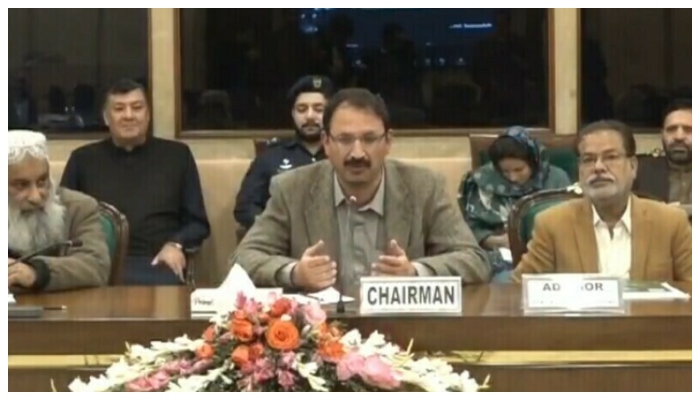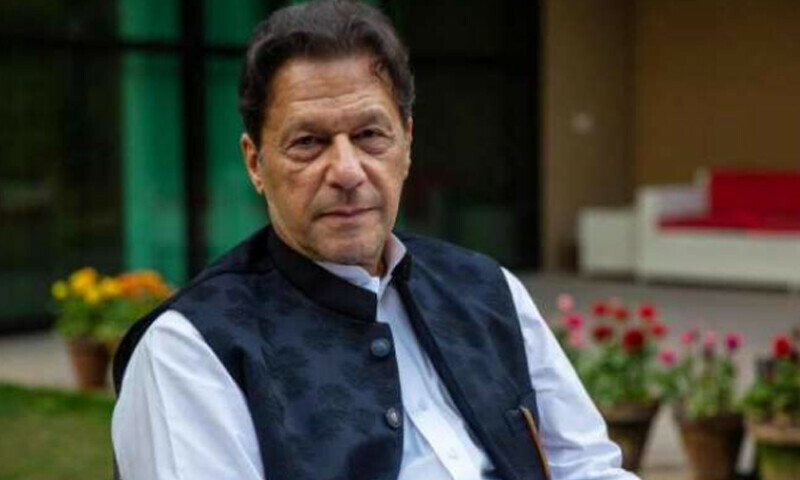POLITICS & POLICY MAKING
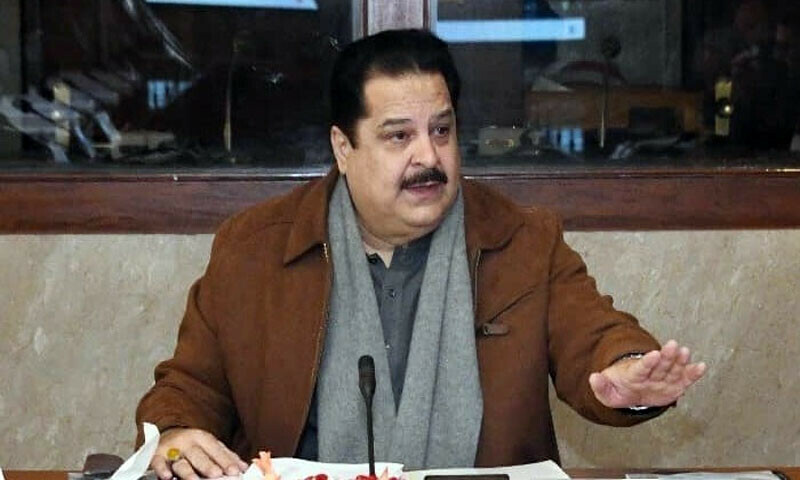
An unusually charged session of the Public Accounts Committee (PAC) of the National Assembly turned into a fiery discussion on elite accountability and transparency on Tuesday, as PAC member Sanaullah Mastikhel demanded that the details of salaries, benefits, and privileges of parliamentarians, top bureaucrats, judges, and military officials be made public.
In a bold and unexpected move, Mastikhel stated:
“Details of all the benefits and salaries received by members of parliament and Grade-22 officers should be disclosed. The packages of generals and Supreme Court judges must also be brought to light. Only then will the public know—who is truly corrupt, the politician or someone else.”
His statement drew amused smiles from the PAC chairman and other members, but Mastikhel persisted, directly addressing the committee head:
“Chairman sir, you give the direction. Or are you afraid too?”
He further declared that he was willing to face the consequences of his demand, asserting that the truth must be made known to the public once and for all.
Toshakhana Controversy Resurfaces
Adding fuel to the fire, PAC member Junaid Akbar made a striking revelation about the Toshakhana — a government department responsible for managing gifts received by public officials. Akbar said:
“I had requested the complete Toshakhana record, but only the data related to parliamentarians was shared. I was told that officials from 'another class' take gifts directly home, and hence no official records exist for them.”
Despite the heated discussion, PAC Chairman chose not to issue any formal directives or decisions on the matter, which further fueled speculation about protection of elite interests in Pakistan’s corridors of power.
The meeting has reignited public debate on transparency, particularly around the Toshakhana scandal that has already plagued several political leaders. The exclusion of powerful unelected individuals — such as military officials and judges — from disclosure demands has led to increasing public pressure on state institutions for equal accountability.
Observers see Mastikhel’s remarks as a rare moment of candid defiance in parliamentary proceedings, signaling growing frustration even within the political class about selective transparency and unequal scrutiny.
The question remains: Will this spark real reforms or fade as yet another symbolic protest in the halls of power?
